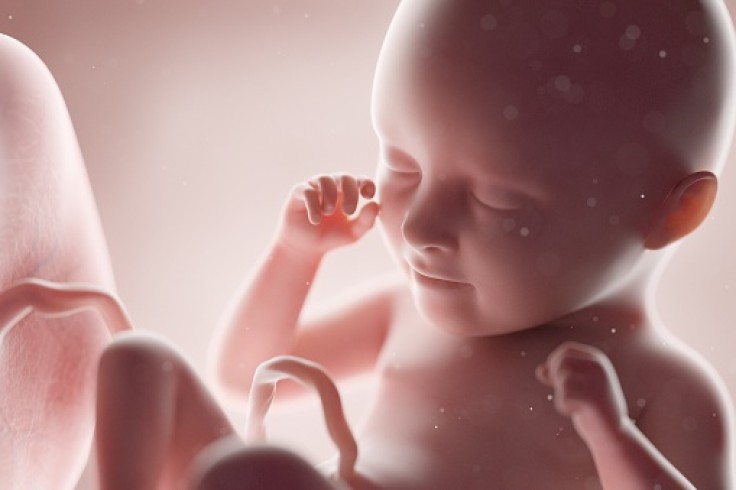Thanks to bright minds heading us to a modern era, we've had innovations that can save lives and enhance the quality of living. Advancements in the medical field keep coming, and now we might soon see premature newborns complete their nine-month term outside their biological mother's womb.

Artificial Womb for Premies
As you've learned in science class, babies need to stay in the womb for nine months before they can be born, but that's not always the case. Some babies come out early due to complications. This can be dangerous for the baby as their body is not yet ready for the outside world.
The US Food and Drug Administration is already holding a meeting of independent advisors to weigh in on the matter. Their decision will determine whether clinical trials using the "Biobag" would be viable to improve the survival and health of preterm newborns.
Headed by the Children's Hospital of Philadelphia (CHOP), the device is also called Extra-uterine Environment for Newborn or EXTEND for short. The team has already tested the procedure out with a premature lamb, as reported by Interesting Engineering.
To create a suitable environment for the subject, the researchers created amniotic fluid through a lab and infused it in the Biobag. This makes the artificial womb similar to that of an organic womb where the fetus is surrounded by liquid.
Of course, the amniotic fluid was not enough to sustain life. The scientists also supplied the fetus with oxygen through the fetal bloodstream. It was supplied through a device that was linked to the umbilical cord.
The artificial womb is made for the gestation and growth of extremely preterm newborns, specifically those that were born at under 28 gestation. They are more at risk of morbidity and even death and a NICU may not be enough.
It was a successful procedure since the lamb managed to grow within the artificial womb for up to four weeks, which in a human baby, is equivalent to 23-24 weeks. When the trials are approved, the researchers can determine whether the technology works on humans as well.
The Importance of Growing Full-Term
There are already measures for such circumstances. Babies that are born early are kept in a neonatal intensive care unit (NICU) which keeps the premature baby warm until they reach the appropriate level of development.
For those who are missing a few weeks, they have a higher chance of survival. Extremely premature babies, however, do not get the same rate. The rate of premature births has been growing over the years.
According to the Centers for Disease Control and Prevention (CDC), one out of ten babies were premature back in 2021, which was a 4% increase from the previous year. This can lead to a lot of complications for the newborn, some of which are endured for the rest of their life.
Babies who survive may have breathing problems, feeding difficulties, developmental delay, visual impairment, hearing impairment, cerebral palsy, and more. These are often caused by the underdevelopment of their organs as they were born too early.









